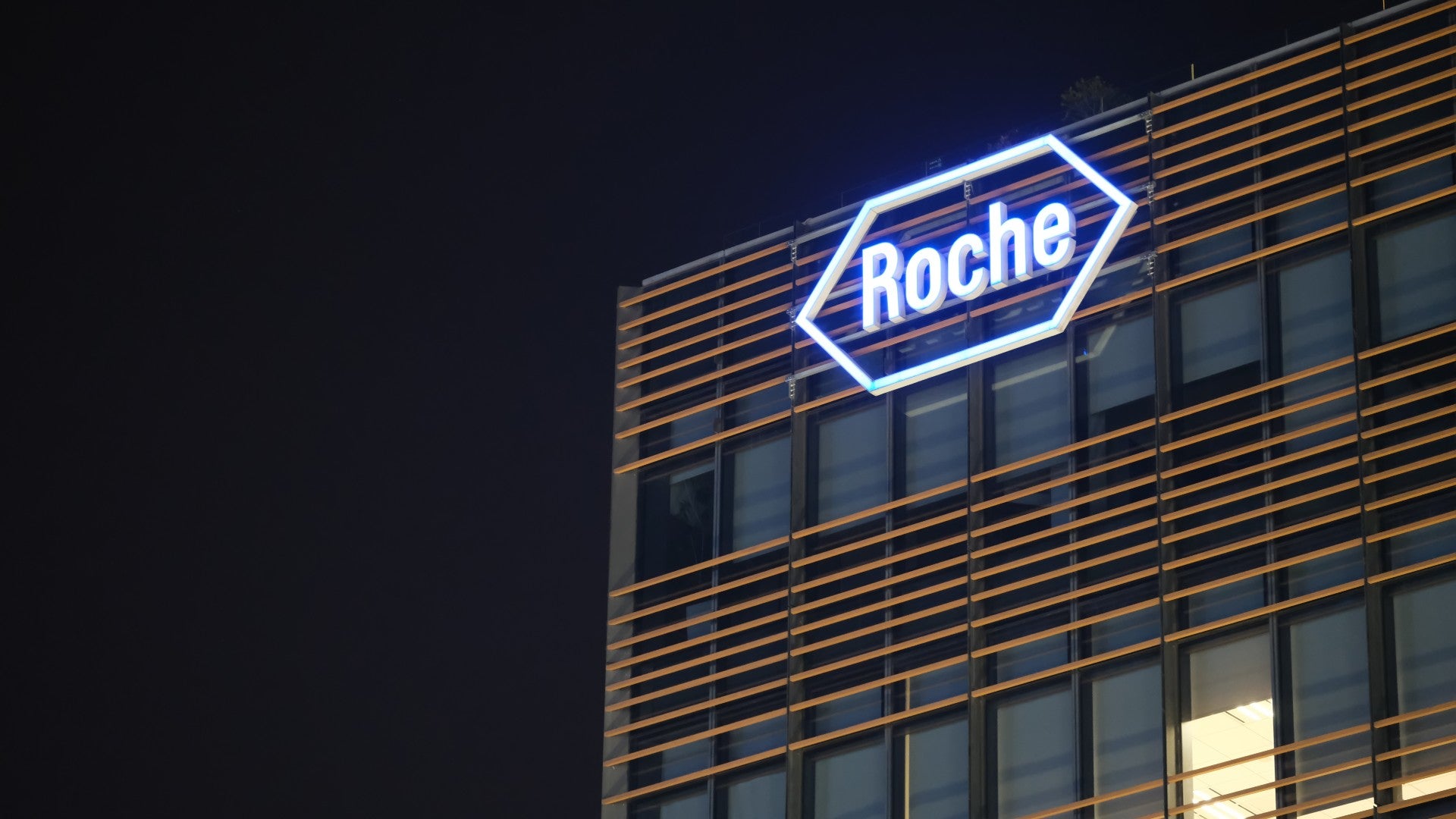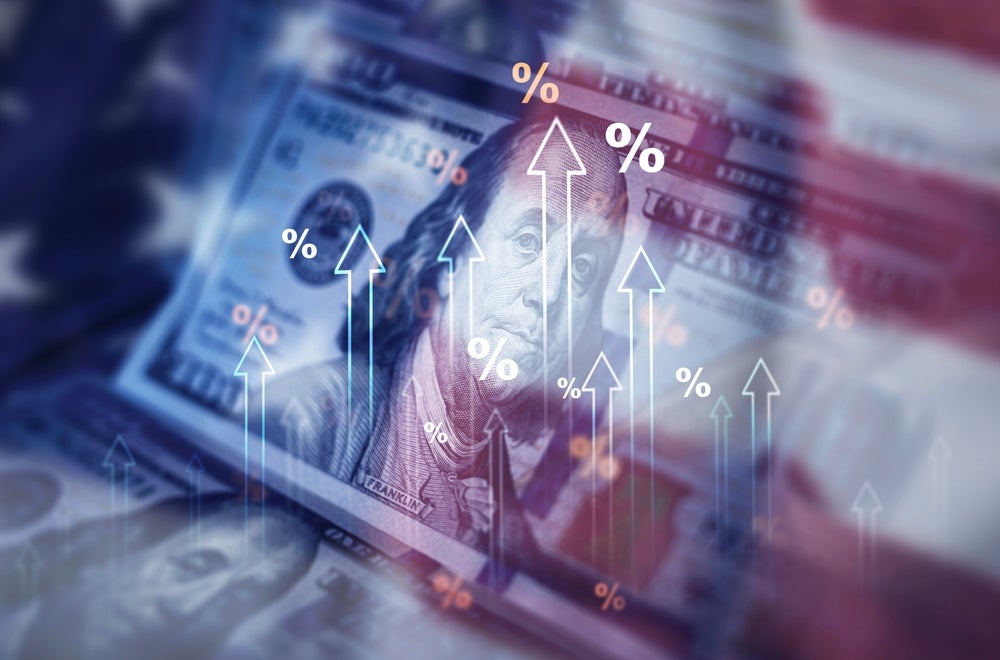Signal: Roche to buy ulcerative colitis drug from Roivant for $7.1bn
Roche will buy Roivant’s ulcerative colitis drug named RVT-3101, for $7.1bn after Roivant itself acquired it from Pfizer in December. The deal follows positive Phase IIb trial data that suggested the drug produced “clinically meaningful efficacy results”. Talks around the deal began a mere month after the purchase, according to Endpoints News. As part of the deal, Roche will acquire the Roivant subsidiary created to develop the drug, Telavant. Pfizer retained a 25% stake in the company that will also go to Roche. The company will have the rights to market the drug in Japan and the US, as per the initial purchase from Pfizer. Though the price tag is extremely high, particularly given that Roivant only spent $45m on the initial investment, Roche is no stranger to high-price acquisitions. Just last year the company paid $6.1bn to license a set of haematological indications from Poseida Therapeutics for development. Hopes are high for RVT-3101. It is in the category of TL1A inhibitors, drugs that treat inflammatory bowel diseases (IBD) including ulcerative colitis and include Humira, the best-selling drug of all time. Humira is no longer on patent, meaning that much of the market is up for grabs, and it’s a market worth fighting for: according to GlobalData intelligence, the overall IBD market size was $63.87bn in 2022, of which $46.55bn came from the US and Japan. Roche’s main competitor in the field is Merck through its subsidiary Prometheus Biosciences, acquired earlier this year for $10.8bn. It is developing a drug known as PRA023, also a TL1A inhibitor. The race to market is on, and likely to be fierce: Endpoints reports that Roche plans to begin a Phase III trial of RVT-3101 “with urgency after the deal closes”, and neither Roche nor Merck can afford to lose out on their investments. Our signals coverage is powered by GlobalData’s Thematic Engine, which tags millions of data items across six alternative datasets — patents, jobs, deals, company filings, social media mentions and news — to themes, sectors and companies. These signals enhance our predictive capabilities, helping us to identify the most disruptive threats across each of the sectors we cover and the companies best placed to succeed.

What's Your Reaction?

































